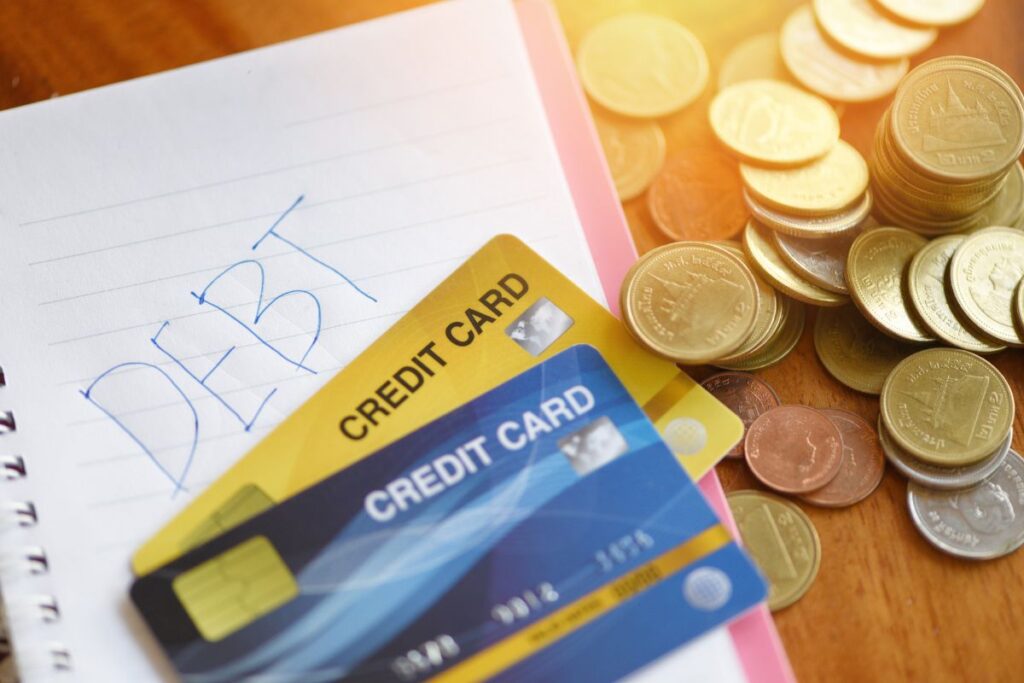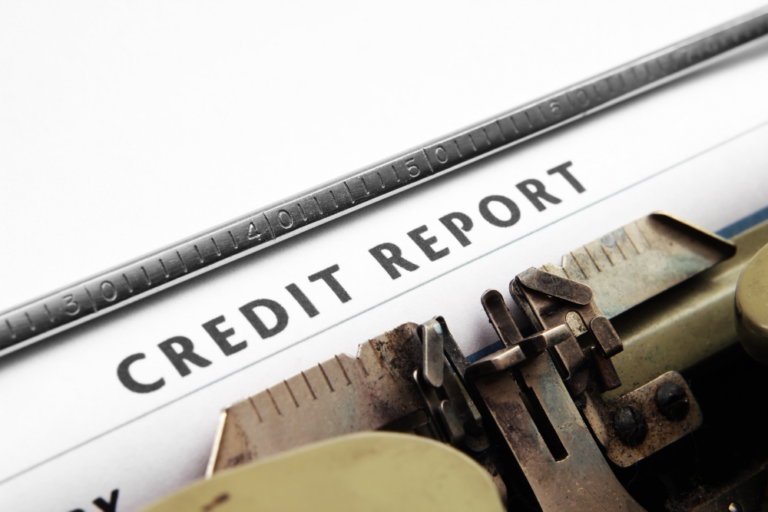When Do Credit Cards Report to Credit Bureaus?
Understanding when credit cards report to the credit bureaus is essential for anyone looking to build or maintain good credit. The timing of these reports can directly impact your credit score and your overall financial health. If you’ve ever wondered, “When do credit cards report?” then this article is here to provide you with all the answers, tips, and strategies you need to know. Let’s dive into the details of how credit card reporting works and how you can use this information to your advantage.
What Is Credit Card Reporting?

Credit card reporting refers to the practice of credit card issuers providing information about your account to the three major credit bureaus: Experian, Equifax, and TransUnion. These bureaus use this information to create your credit report, which lenders use to assess your creditworthiness. The information reported includes your balance, payment history, credit limit, and account status.
Credit bureaus use the data collected from credit card issuers to calculate your credit score, which affects your ability to qualify for loans, credit cards, and even rental agreements. Credit card issuers report monthly, typically around the time of your statement closing date, and the information they provide can significantly influence your credit score.
When Do Credit Cards Report to Credit Bureaus?
Credit card issuers typically report to the credit bureaus once a month, usually right after the billing cycle ends. This means that the information provided to the bureaus reflects your account activity as of your statement closing date. It’s important to remember that your credit report will show your balance as of that date, not necessarily your current balance.
Each issuer has its own reporting schedule, but most tend to report at consistent intervals—often a few days after the statement is generated. For example, if your billing cycle ends on the 15th of each month, the credit card issuer may report your balance to the credit bureaus within the next few days. The reported balance is what appears on your credit report, which is why paying down your balance before the statement date can help you achieve a lower reported balance, thereby improving your credit utilization ratio.
🚨 TUIC Errors + Low Credit Score?
CreditScoreIQ helps you build credit faster by reporting utility bills to all 3 bureaus—while you dispute errors.
Start Building Credit Today →How Does Credit Card Reporting Affect Your Credit Score?
The timing of credit card reporting can significantly impact your credit score because of two primary factors: credit utilization and payment history.
- Credit Utilization: Credit utilization refers to how much of your available credit you are using. If you have a credit limit of $5,000 and a balance of $2,500 on your statement closing date, your utilization is 50%. Experts recommend keeping your utilization below 30%, and ideally below 10%, to maximize your credit score. Since credit card issuers report your balance as of the statement date, paying down your balance before that date can result in a lower utilization ratio, which can boost your credit score.
- Payment History: Payment history is another critical factor that affects your credit score. Credit card issuers report whether you make your payments on time, and a record of on-time payments can significantly enhance your credit score. Conversely, late payments can negatively impact your score and remain on your credit report for up to seven years.
By understanding when your credit card issuer reports to the credit bureaus, you can make informed decisions about when to make payments and manage your balance effectively to positively impact your credit score.
Factors That Influence Reporting
Although most credit card issuers report on a monthly basis, there are several factors that can influence when and how they report to the credit bureaus:
- Statement Closing Date: The statement closing date is the end of your billing cycle, and it’s typically the date that credit card issuers use to report your balance to the credit bureaus. This means that if you want to reduce your reported balance, you should aim to pay down your balance before the statement closing date.
- Due Date: The payment due date is different from the statement’s closing date. The due date is when your payment must be made to avoid late fees and interest charges. Paying by the due date is essential for maintaining a good payment history, but paying down your balance before the statement closing date can help reduce your credit utilization.
- Lender Variations: Different credit card issuers may have slightly different reporting practices. Some may report immediately after the statement closing date, while others may take a few days. Knowing your specific issuer’s practices can help you plan accordingly.
Best Practices for Managing Credit Card Reporting
If you want to make the most of credit card reporting to the credit bureaus, here are some best practices to consider:
- Pay Down Balances Early: Since credit card issuers report your balance as of your statement closing date, paying down your balance before this date can result in a lower reported balance, which will improve your credit utilization ratio.
- Set Up Alerts: Most credit card issuers allow you to set up alerts for upcoming payment due dates and statement closing dates. These alerts can help you remember to pay down your balance before it gets reported.
- Increase Your Credit Limit: Increasing your credit limit can help lower your credit utilization ratio if you maintain the same spending habits. This can have a positive impact on your credit score.
- Monitor Your Credit Reports: Regularly monitoring your credit reports from Experian, Equifax, and TransUnion can help you stay on top of what’s being reported and identify any inaccuracies that need to be addressed.
By following these best practices, you can make credit card reporting work in your favor and help improve your credit score over time.
When Do Major Credit Card Issuers Report?

Different credit card issuers have different reporting schedules. Below is a summary of the general reporting practices of major credit card issuers:
| Credit Card Issuer | Reporting Frequency | Typical Reporting Date |
| Chase | Monthly | After statement closing date |
| Capital One | Monthly | After statement closing date |
| American Express | Monthly | Around billing cycle close |
| Citi | Monthly | Typically a few days post-cycle |
| Discover | Monthly | Shortly after billing cycle ends |
This table provides an overview of when major credit card issuers report to the credit bureaus. Knowing the reporting schedule of your issuer can help you plan when to pay down your balance to optimize your credit utilization ratio.
Conclusion
Credit card reporting is a crucial aspect of credit management, as it directly impacts your credit score and financial opportunities. Most credit card issuers report to the credit bureaus once a month, usually around the statement closing date. Understanding when your credit card reports can help you take control of your credit utilization, maintain a positive payment history, and improve your overall credit profile.
By paying down your balance before the statement closing date, setting up alerts, and practicing good credit habits, you can use credit card reporting to your advantage. Remember, building a strong credit score takes time, but by staying informed and making strategic financial decisions, you can achieve your credit goals.
For more information on how to manage your credit effectively, check out this comprehensive guide on credit score improvement.
Ready to Improve Your Credit?
Disputing TUIC errors is step one. Step two? Boost your score by reporting utility payments with CreditScoreIQ.
Get Started Now (Only $1 Trial) →3-bureau reporting • $1M identity insurance • Dark web monitoring



